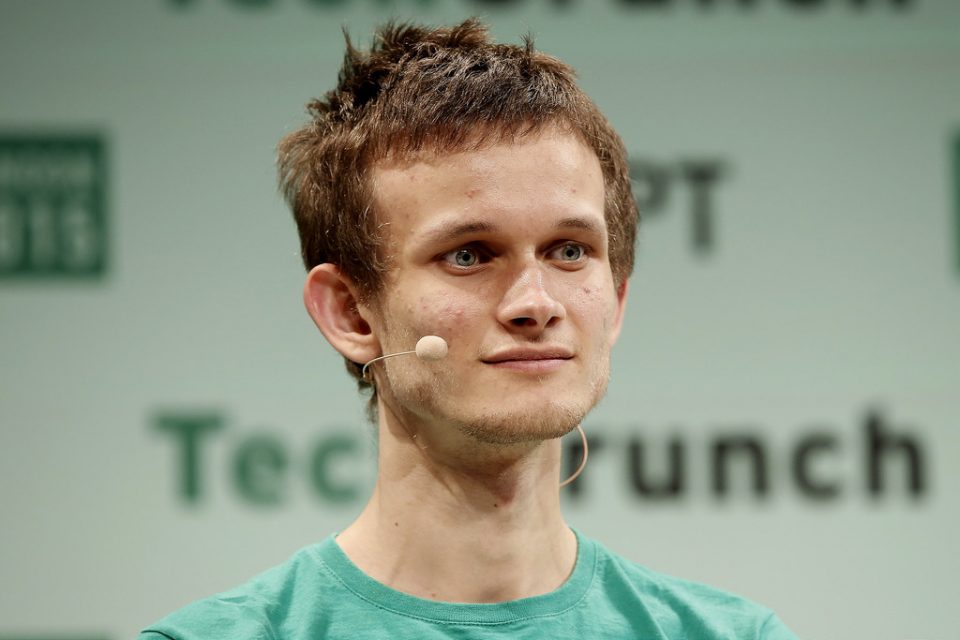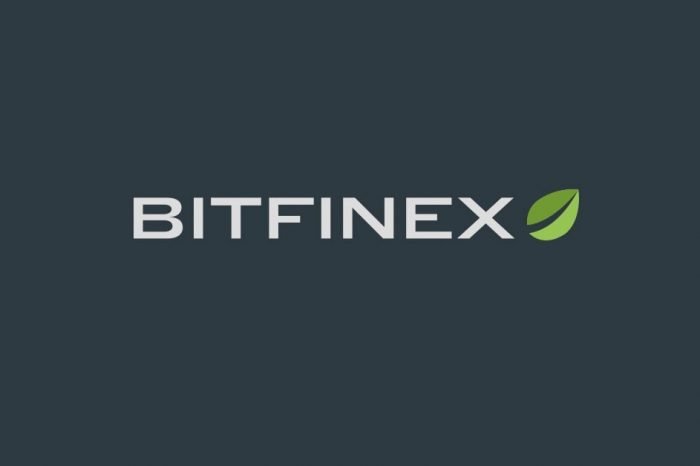Vitalik Buterin Applauds Ordinals for Reviving ‘Builder Culture’ on Bitcoin

In a recent Twitter Space conversation, Vitalik Buterin, co-founder of Ethereum, expressed his enthusiasm for the emergence of Ordinals on the Bitcoin network. According to Buterin, these developments signify a resurgence of the “builder culture” within the Bitcoin community and serve as a counterbalance to the prevailing dominance of “laser-eye” maximalists.
During the discussion held on July 7, Buterin engaged in a lengthy conversation with Bitcoin proponents Eric Wall and Udi Wertheimer, where they explored potential lessons that Bitcoin developers could learn from their counterparts in the Ethereum ecosystem.
Buterin specifically commended Ordinals and the BRC-20 token standard for their rejection of what he described as “stagnant” politics within the Bitcoin ecosystem. He stated,
“Ordinals are starting to bring back a culture of actually doing things. It feels like there’s real pushback to the laser-eye movement, which is good.”
The primary focus of the conversation revolved around scalability, with Wall asserting that Bitcoin’s Lightning Network is ill-equipped to handle future users, frequently encountering failures even with medium-sized payments. Buterin responded by suggesting a concentrated effort on implementing various layer-2 solutions and exploring avenues to enhance the efficiency of the Bitcoin base layer.
Buterin also acknowledged the potential of zero-knowledge rollups, an approach that Wertheimer believes could introduce an execution environment enabling smart contracts on the Bitcoin network. Wall and Wertheimer, known for their involvement in the Ordinals project Taproot Wizards, advocate for augmenting the Bitcoin network’s functionality.
However, their advocacy has faced criticism from Bitcoin purists who argue that introducing NFTs and smart contracts dilutes Bitcoin’s primary purpose as a peer-to-peer cash network. Notable critics, including Samson Mow, CEO of Jan3, argue that Ordinals waste block space that could otherwise be used for Bitcoin payments.
Addressing these concerns, Wall proposed utilizing Bitcoin as a “proof system” for zero-knowledge proofs, effectively mitigating network congestion. He emphasized the desire to leverage the Bitcoin base layer as a judge or arbiter of computation, rather than executing computations on-chain.
The conversation between Buterin, Wall, and Wertheimer sparked controversy within the Bitcoin community, with Wertheimer criticizing Samson Mow and Adam Beck, CEO of Blockstream, for dismissing the conversation. Wertheimer took to Twitter, stating,
“These 2 laser-eye clowns have been running Blockstream into the ground for the last decade. In 10 years, that company couldn’t come up with a single successful product. Their joke of a blockchain processes 3 txs a day. And they think they have nothing to learn from Ethereum.”
The dialogue surrounding Ordinals and the potential of Bitcoin’s expansion has reignited the ongoing debate within the Bitcoin community, emphasizing the contrasting visions for the future of the network.
Discuss this news on our Telegram Community. Subscribe to us on Google news and do follow us on Twitter @Blockmanity
Did you like the news you just read? Please leave a feedback to help us serve you better
Disclaimer: Blockmanity is a news portal and does not provide any financial advice. Blockmanity's role is to inform the cryptocurrency and blockchain community about what's going on in this space. Please do your own due diligence before making any investment. Blockmanity won't be responsible for any loss of funds.














